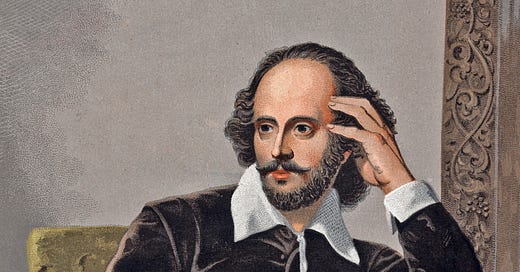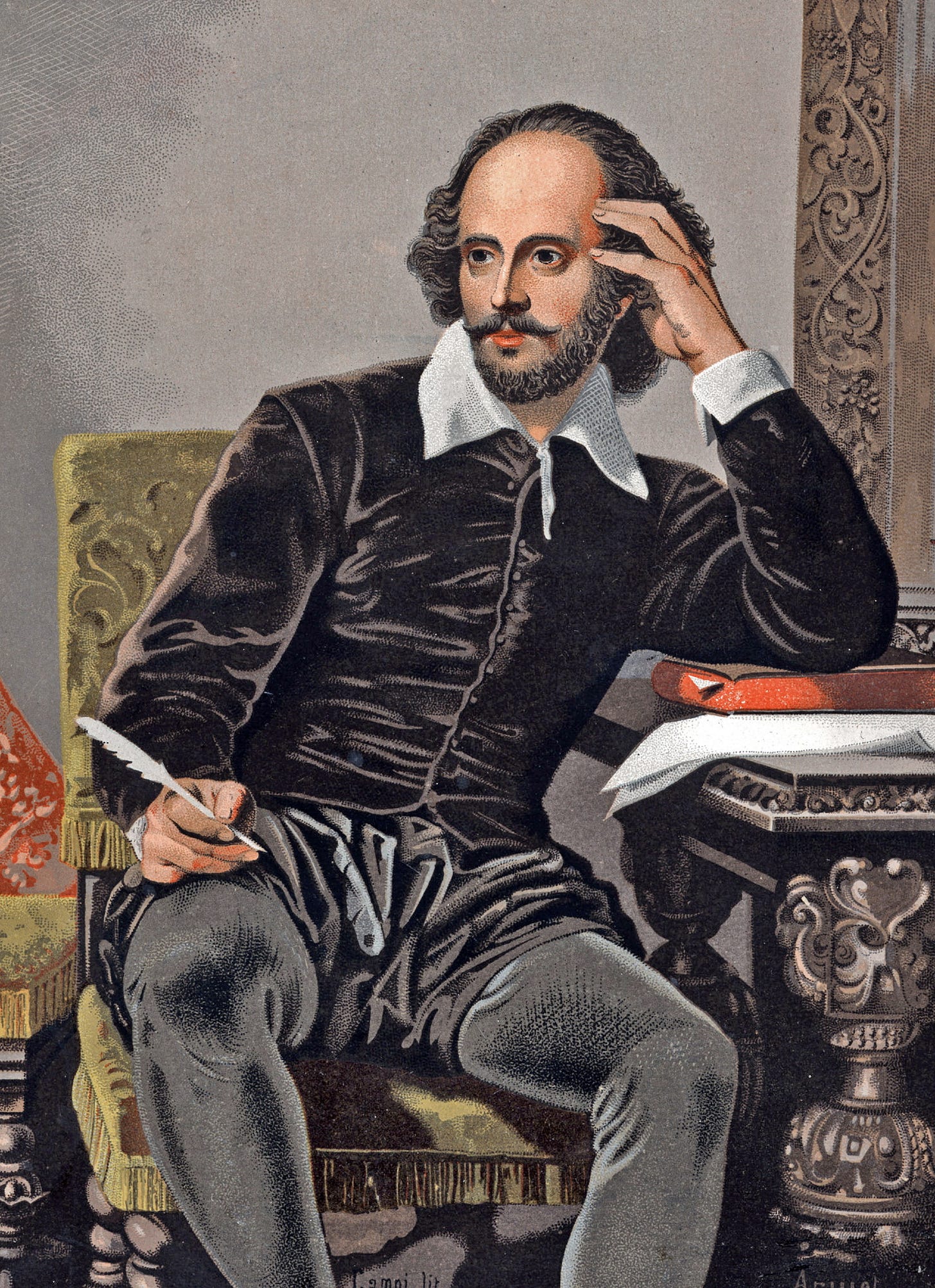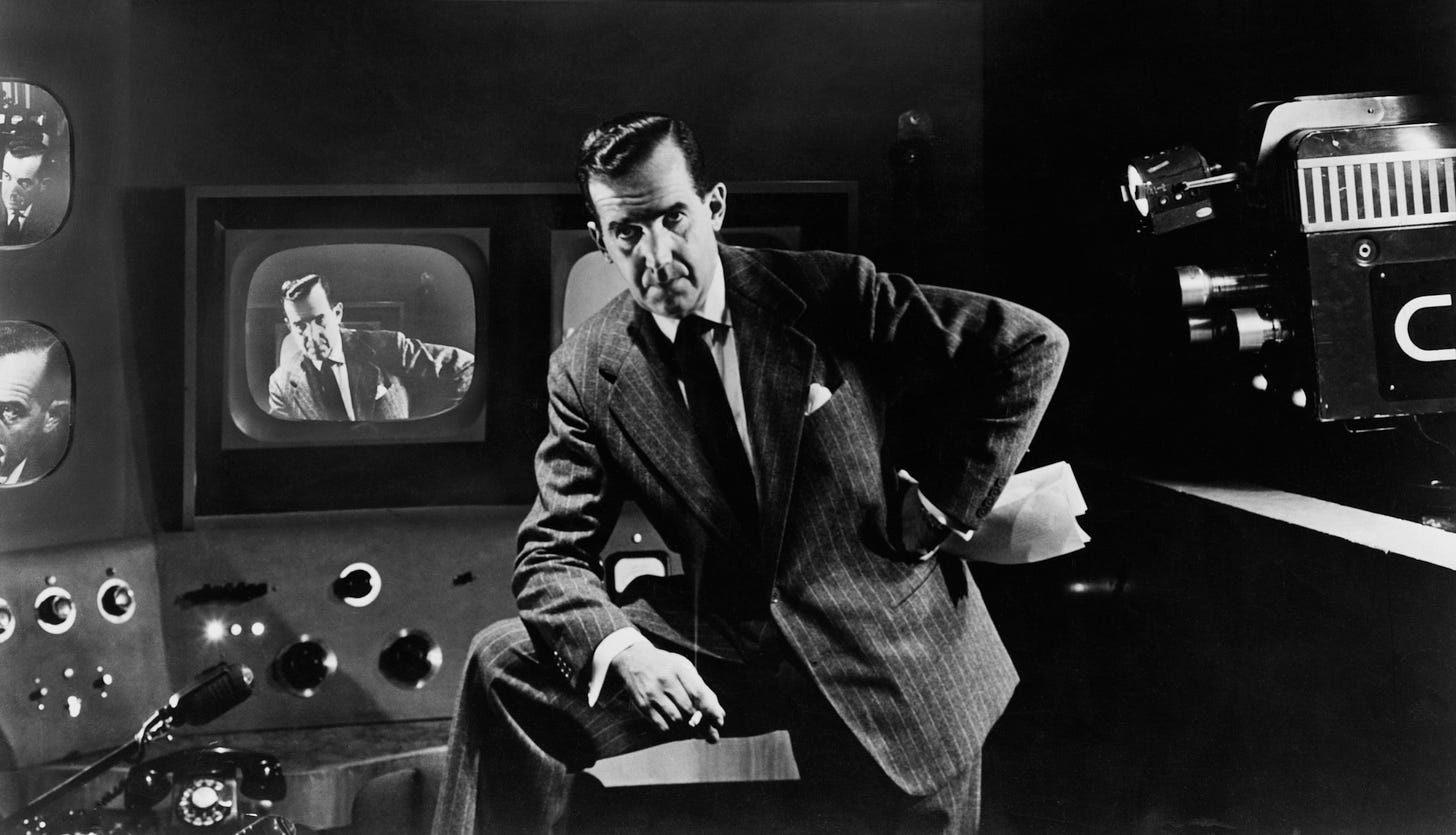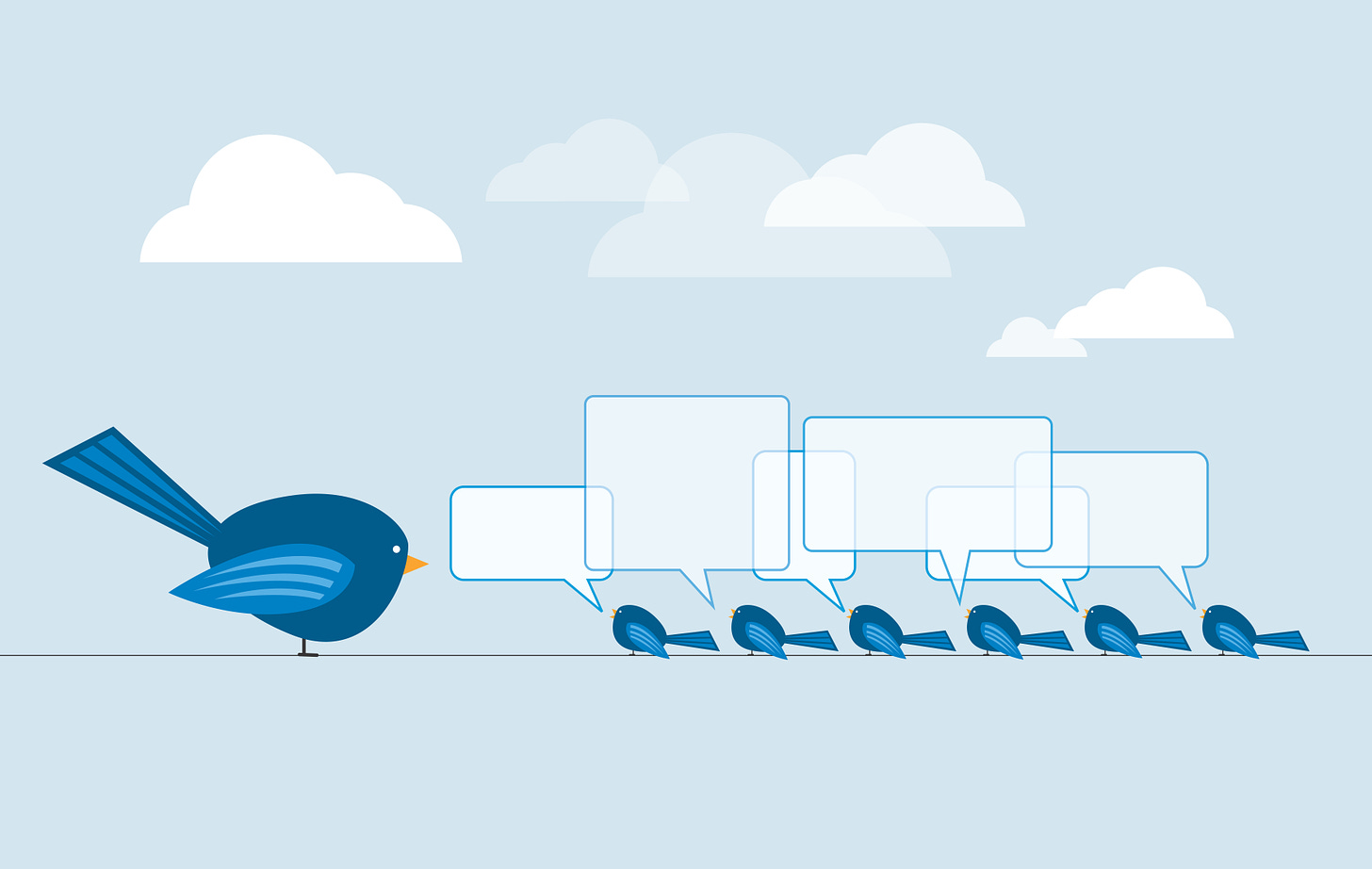A Tweet, a Tweet, my kingdom for a Tweet.
To Tweet, or not to Tweet, that is the question.
To Tweet, perchance to dream.
I have noticed that you can throw the word Tweet into almost any phrase, even Shakespeare, and come up with something that might seem significant, but also ridiculous. And in doing so, perhaps we have a picture of Twitter itself. Is this crazy website “full of sound and fury yet signifying nothing?”
Thoughts of Twitter are never far from my mind, because Twitter is never far from my thumbs on my phone. But usually these thoughts are fleeting. Then I read Ben Smith’s article in yesterday’s New York Times, about Twitter and the press.
If you haven’t read it, I suggest you do so. It raises a lot of questions and is full of context and perspective (Pretty un-Twitter in that regard, although it was heavily discussed ON Twitter. So meta).
Ultimately, Twitter is a tool. And tools, whether fire or airplanes, can be used for good or bad. I am reminded of what the late, great Edward R. Murrow said about another communication technology, television:
This instrument can teach, it can illuminate; yes, and even it can inspire. But it can do so only to the extent that humans are determined to use it to those ends. Otherwise, it's nothing but wires and lights in a box.
Twitter isn’t even lights in a box. It’s 1’s and 0’s scattered throughout cyberspace. As to how journalists should use Twitter, I recognize my case is a bit different from many others who are the subject of that article in the Times. For one, I made whatever name I have for myself long before Twitter was a gleam in the eye of a software engineer. And I am at this point essentially my own operation. I am not part of a larger media conglomerate. If I were still at CBS News would my Twitter feed be the same? Probably not. (Would it even exist at all?) Would that be a bad thing or a good thing, on balance with all the other considerations I would have to weigh? I don’t really know.
I do like Twitter in that it allows for me to see and hear from many people I otherwise wouldn’t get to know. I understand that it has been a vehicle for new voices to emerge, especially ones from women, people of color, and others who have traditionally been overlooked in the media landscape. I also understand that Twitter can be very cruel to many of these very same people. I’m old enough and stuck enough in my ways that when I see vitriol aimed at me, I pity the poor soul who considers it worth his time. But I come with my own privilege and have too much armor built up over the years to care about some anonymous troll.
I also recognize that Twitter isn’t the real world. Not by a long shot. It’s distorted, skewed to special pockets of society and undoubtedly overrepresented by those with bylines and blue check marks. (Yours truly is exhibit 1A).
There’s a lot you can’t do on Twitter. Which is part of why I’m here with this new venture. And I hope that also is part of the reason why you’re here with me.
I imagine people will be studying Twitter for some time. Will it have a staying power? Or will it fade away? Is it an echo chamber? Or a place to encounter new ideas? I don’t know. Probably a bit of all of it. But one thing is certain. Twitter has shaped our age. (And continues to do so even after you-know-who no longer has a perch for his Tweeted bile.) Whatever happens with Twitter, I hope we can all find ways to communicate better. Regardless of the platform or algorithm.
What are your thoughts on Twitter? Let’s start a discussion thread below. And hey, you have more than 280 characters to share your thoughts.








I recently joined Twitter so that I could read my brother's poems. He has committed to writing/tweeting a poem a day. He has been recovering from a major stroke for two years and expressive language has been his biggest challenge. It totally derailed his career as a lawyer. This is how I can support him everyday-by reading his tweets and giving him a heart.
I don’t know what to think. I was trained as a journalist in the 1970s, and I have a pretty rigid idea of good journalistic guidelines and what constitutes legitimate information reporting. But with a consulting career in marketing and public relations I’m obliged to understand and utilize various forms of social media when applicable.
When Facebook came along I saw it as a way to stay connected with people and engage in lightweight dialogue. Twitter always seemed like cacophony to me. Like walking into giant cocktail party where everyone is talking at once. I know you can mine Twitter for trends and opinion and if you’re into it, build a following to have dialogue. But I just can’t relate to it.
I also take my writing (and others’) seriously
and so Twitter seemed ridiculous from that standpoint. Like a bunch of people blurting out snippets at each other. :)
I much prefer what you’re doing, here, and with News & Guts, Dan.